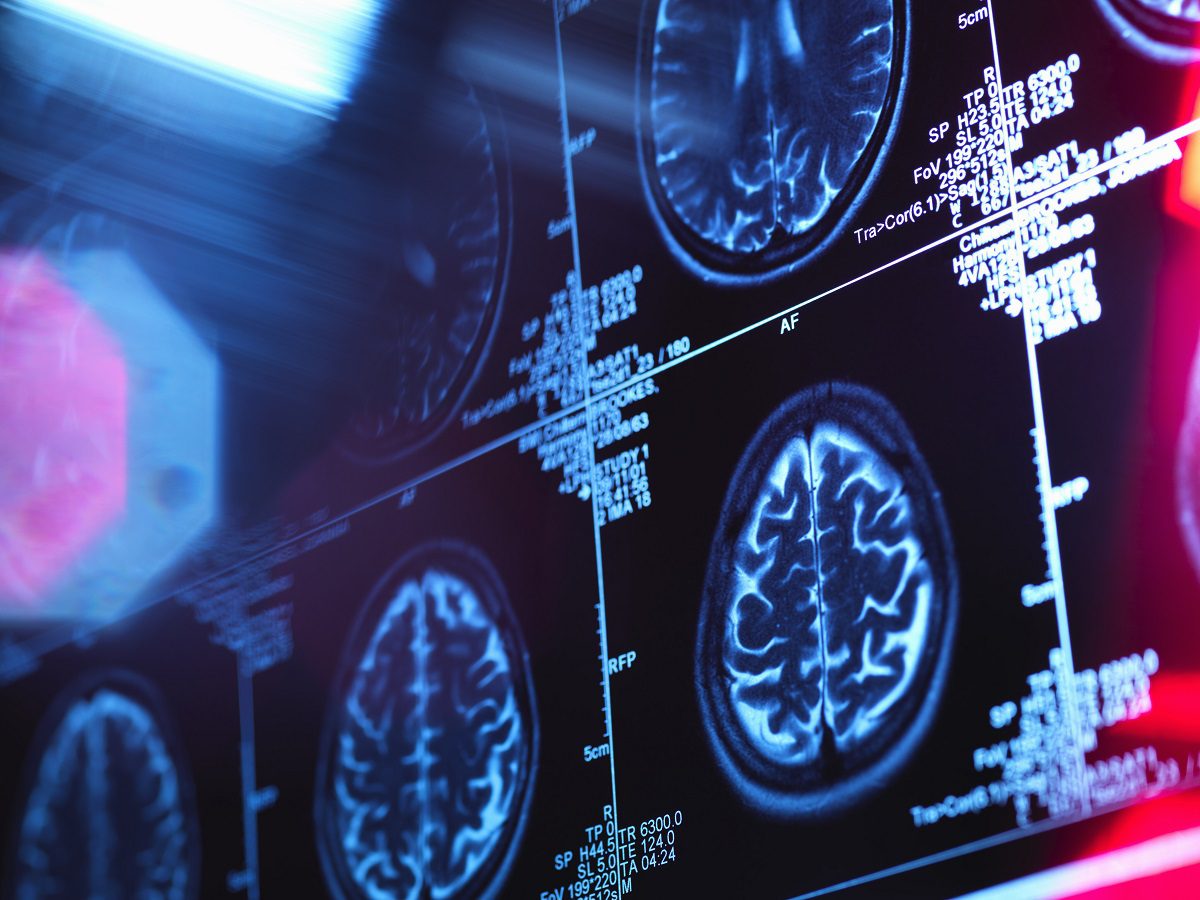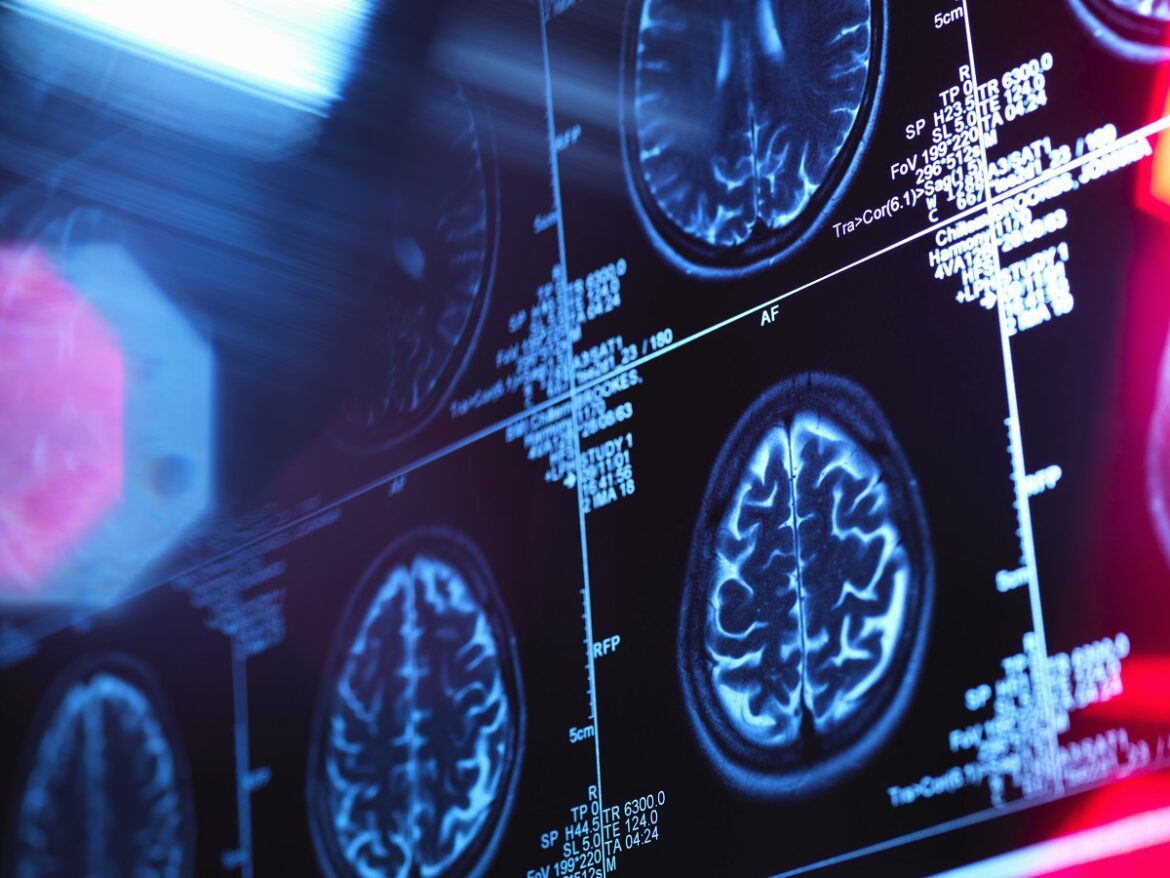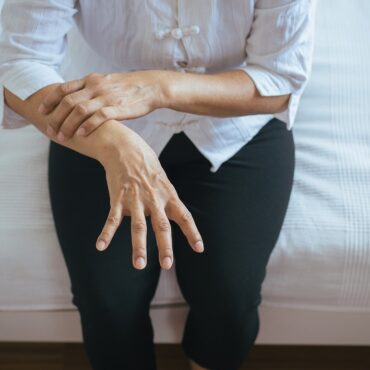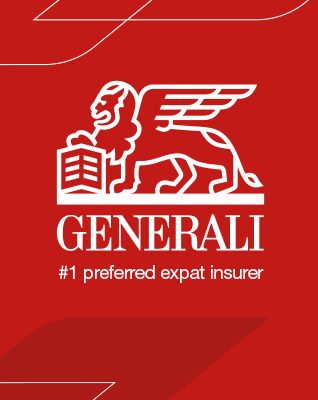-
 play_arrow
play_arrow
BayRadio Listen Live Broadcasting in Spain
What are the most effective therapies for the rehabilitation of brain damage after a traffic accident?


Human brain scan in a neurology clinic
Dr. Mirko Alavena, coordinator of the neurorehabilitation service at Hospital Quirónsalud Torrevieja explains the details of this injury and how necessary neurorehabilitation is.
Acquired brain injury (ABI) refers to any injury to the brain that occurs after birth, in contrast to congenital brain injuries, which are present from birth.
Dr. Mirko Alavena, coordinator of the neurorehabilitation service at Quirónsalud Torrevieja Hospital, warns that “ACBD can affect people of any age and can have a significant impact on an individual’s physical, cognitive and emotional functioning”.
This type of injury can be caused by a variety of factors including:
-Cranioencephalic trauma (CTE), which is caused by impacts to the head, which can result from traffic accidents, falls, assaults, among others.
-Cerebrovascular accidents (CVA): better known as strokes, they can be ischaemic (caused by blockage of blood vessels) or haemorrhagic (caused by rupture of blood vessels).
-Infections: Such as encephalitis or meningitis, which affect brain tissue.
-Brain anoxia or hypoxia: Lack of oxygen to the brain due to situations such as drowning, suffocation or cardiac arrest.
-Brain tumours: which can damage surrounding brain tissue.
-Degenerative diseases: such as Alzheimer’s disease, although this is a particular case given its inevitably progressive nature.
-Toxins and substances: Intoxication by drugs, alcohol or chemicals.
-In road traffic accidents, injuries that can cause brain damage include brain contusions, which are direct blows to the brain that cause bruising or bruising of the brain. There are also concussions, which are “less severe injuries but can have cumulative effects, especially if they occur repeatedly,” says Alavena.
Neurorehabilitation in Torrevieja
Neurorehabilitation is a therapeutic process aimed at helping people who have suffered brain damage to recover their functions and improve their quality of life. This process includes the assessment, treatment and monitoring of the patient to maximise their physical, cognitive and emotional recovery.
It involves professionals from different areas such as neurology, physiotherapy, occupational therapy, speech therapy, neuropsychology; and other specialists may participate depending on the particular needs of the patient.
This procedure is “necessary after a traffic accident when the individual has suffered some kind of brain damage that affects their physical, cognitive or emotional abilities,” says Dr Alavena. This may include loss of mobility or sensation in some part of the body, difficulties in speech or communication, or cognitive problems such as memory loss.
Other symptoms may include difficulty concentrating or problems with decision-making, emotional changes such as depression, anxiety or personality changes. All of these can lead to loss of functional skills needed for daily activities. All this boils down to the fact that “if these symptoms are detected in the medical evaluation after the accident, they should be assessed and, if possible, neurorehabilitation should be started as soon as possible,” says Alavena.
The duration of neurorehabilitation treatment varies widely depending on the severity of the brain damage.
Neurorehabilitation techniques
The main neurorehabilitation techniques include:
Physiotherapy: To improve mobility, balance, strength and coordination.
Occupational therapy: To help regain skills needed for daily and work activities.
Speech therapy: To address speech and swallowing problems.
Neuropsychology: To address cognitive and emotional problems.
Cognitive stimulation: Through exercises and activities that improve memory, attention and other cognitive functions.
Technology-assisted therapies: such as virtual reality, robotics or neurofeedback.
Pharmacological therapy: When necessary to manage specific symptoms.
The duration of a neurorehabilitation treatment varies widely depending on the severity of the brain damage, the patient’s response to treatment and their individual goals. It can last from a few months to several years.
In some cases, as the doctor clarifies, “rehabilitation can be a continuous process with intensive treatment phases followed by long-term maintenance and support”. Regular assessment of the patient’s progress is crucial to adjust the treatment plan as needed.
Multidisciplinary and personalised treatment for road traffic accident patients
The most effective therapies for the rehabilitation of brain damage after a traffic accident are based on multidisciplinary work, i.e. a team of several professionals working towards a common goal of recovery: from the rehabilitation doctor, the neurologist, neurological physiotherapists, and neuropsychologists, as well as requesting assistance from other professionals according to the particular needs of the patient.
“Each patient,” explains the neurorehabilitator, “must have an intensive and individualised daily plan of an average duration of forty-five minutes each, both on an inpatient and outpatient basis, with the aim of recovering the damaged functions, strengthening those that are reserved and adapting the limitations that may derive from the brain damage”.
This type of therapy is of long duration with an inpatient stay while the patient is dependent on medical care and continuing with outpatient rehabilitation. “The important thing is that families know that in the face of a brain injury there are alternatives for recovering autonomy, we have cases with 100% recovery and others in which they have managed to return to daily life with a great deal of independence. In addition, it is important to turn to patient associations and hospital centres such as Quirónsalud Torrevieja where the patient can count on support and advice without obligation,” says Dr. Alavena.
Free care for traffic injuries
Hospital Quirónsalud Torrevieja and Quirónsalud Alicante have a Traffic Unit made up of rehabilitation experts, traumatologists, neurologists and therapists. The aim of this unit is to offer a personalised service to all victims of traffic accidents, guaranteeing their safety and peace of mind. We offer totally free assistance 24 hours a day, 365 days a year, uninterruptedly in the emergency department of the Quirónsalud Torrevieja hospital.
The services of this Unit include first emergency visit, hospitalisation, diagnostic tests, consultations with the different experts, rehabilitation doctor and rehabilitation treatment, intensive care unit and, if necessary, urgent surgery. In addition, professionals have rapid access to support services (magnetic resonance imaging, CT, ultrasound, laboratory and operating theatre) to make an accurate diagnosis.
One of the keys to this Traffic Unit is the multidisciplinary approach to patients, as most musculoskeletal and spinal injuries require the coordination of different specialties for both healing and stabilisation of the injuries. The specialist from the Torrevieja Neurorehabilitation service adds that the recovery time after these injuries varies greatly from patient to patient, although the average is between one and three months.
Request information about the neurorehabilitation service at Hospital Quirónsalud Torrevieja.
Written by: Lily
Recent Posts
- Breast lift surgery: everything you need to know
- A Silent Disease: The Early Signs of Parkinson’s You Shouldn’t Ignore
- British buyers still top foreign home purchases in Spain: despite Brexit, UK leads the way in 2024
- Torrevieja unveils the charity race “5K Steps That Matter by Quirónsalud” in aid of AFECÁNCER
- Discover how breast reduction can transform your life: from pain to confidence

Ctra. Cabo La Nao, CC La Nao, Local 6 03730 Javea, Alicante, Spain
Advertise with us
Do you have a business in Spain? Do you provide a service to the expat community in Spain? Would you like your message to reach over 500.000 people on a weekly basis?
BayRadio is a community orientated radio station offering fantastic content to our many listeners and followers across our various platforms. Contact us now and find out what Bay can do for you!
Our business is helping your business grow.
BAY RADIO S.L. © 2024. ALL RIGHTS RESERVED. WEB DESIGN BY MEDIANIC








Post comments (0)